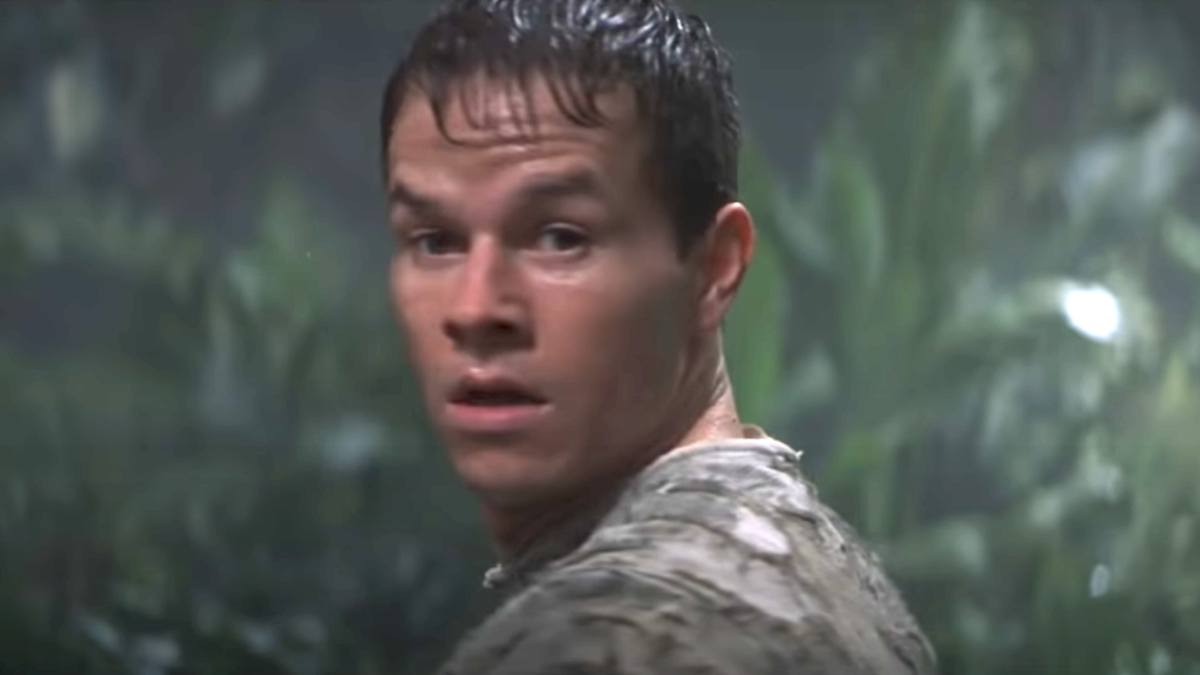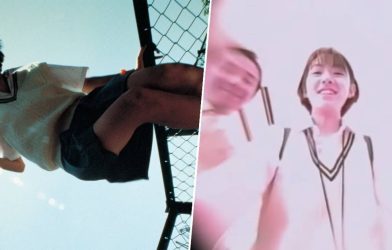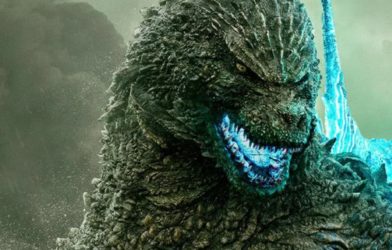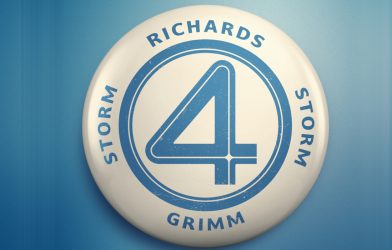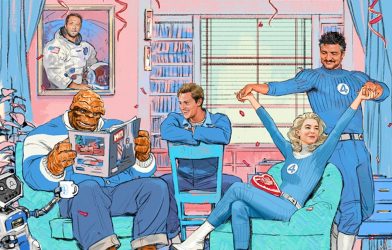We are not against the idea of remaking a movie and believe some are as good, if not even better, than their predecessors, particularly because they managed to stand on their own by bringing something new to the table. Unfortunately, those types of remakes are merely a dime a dozen, while the rest end up being shameless carbon copies or simply fall short of the original’s quality by lacking any imagination. With all due respect to any audiences who may enjoy these films for one reason or another, the following are our choices for movie remakes that failed to uphold the legacy of what came before.
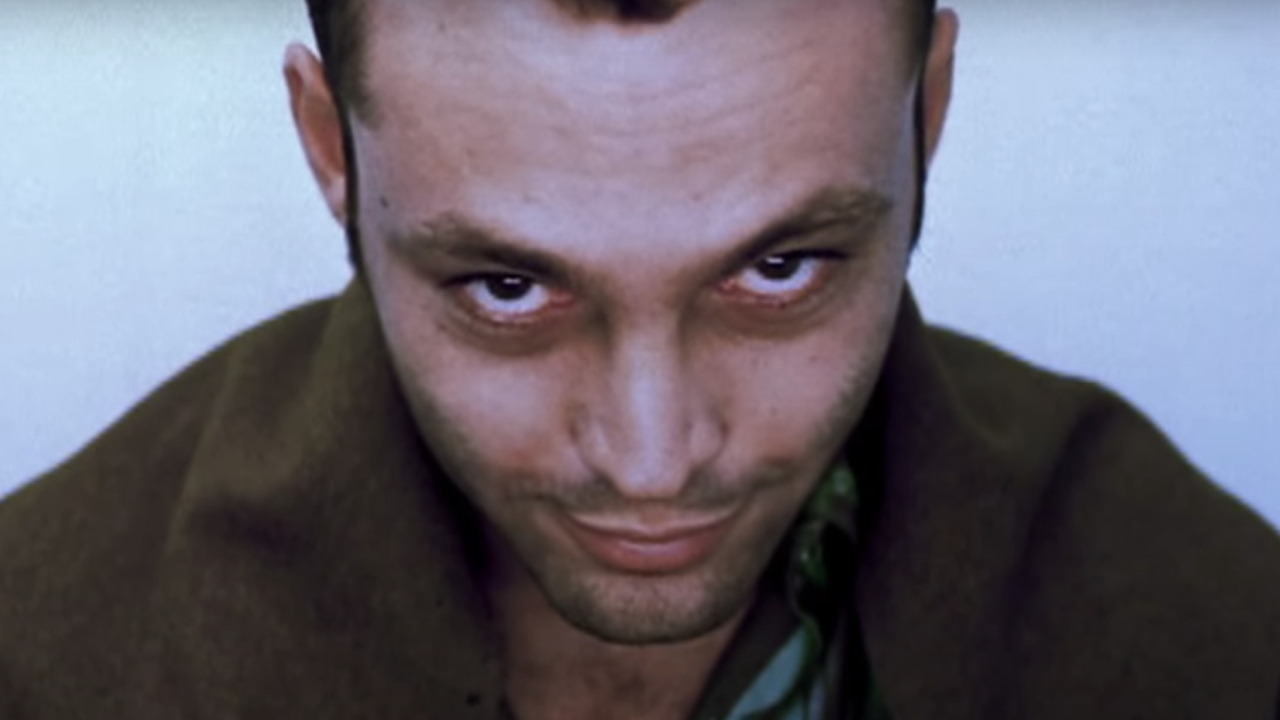
Psycho (1998)
For as many great horror movie remakes as there actually are, Gus Van Sant’s version of Alfred Hitchcock’s 1960 classic, Psycho, is not considered one of them. Reason being: the Vince Vaughn-led thriller copies one of the all-time best horror movies almost shot-for-shot and has since been deemed a prime example of why filmmakers should avoid that approach.
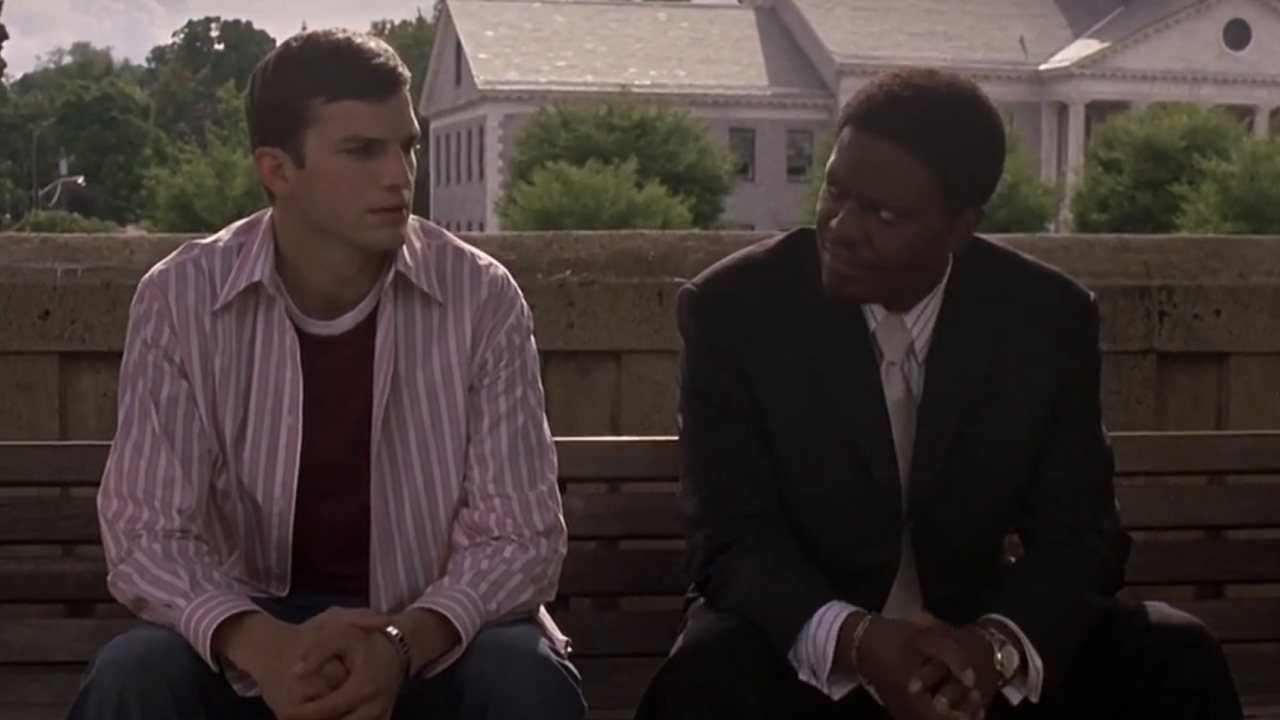
Guess Who (2005)
Guess Who stars Bernie Mac as a Black man who takes an immediate dislike to his daughter’s (Zoë Saldaña) boyfriend (Ashton Kutcher), particularly because he is white. This race-swapped update of Guess Who’s Coming to Dinner throws out the commentary on diversity — which was deeply important for its time and still moving today — in favor of generic comedy that lazily rips off Meet the Parents.
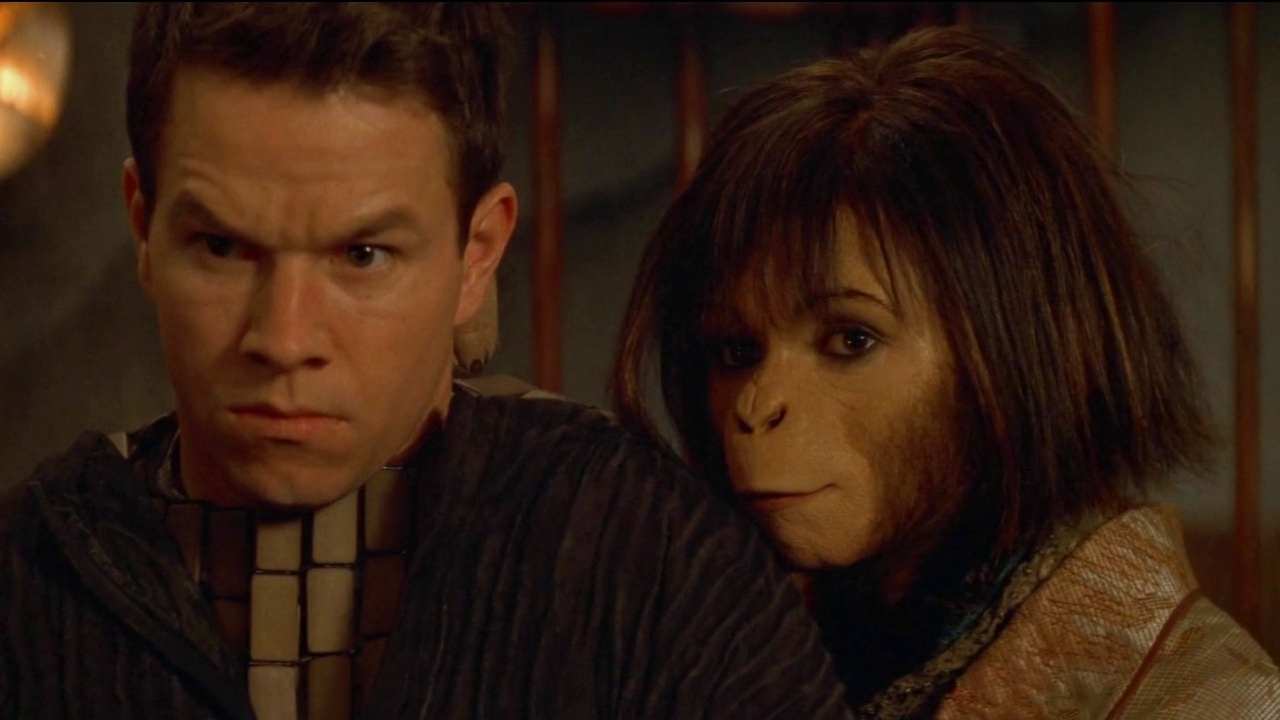
Planet Of The Apes (2001)
It is really not much of a surprise that most of the least-liked Tim Burton movies are remakes, especially his Mark Wahlberg-led take on 1968’s sci-fi classic, Planet of the Apes. Critics and audiences noticed how the director’s signature style is completely missing from the clumsy narrative of the otherwise visually impressive reimagining, but cited as the biggest flaw is the nonsensical attempt to change the ending.
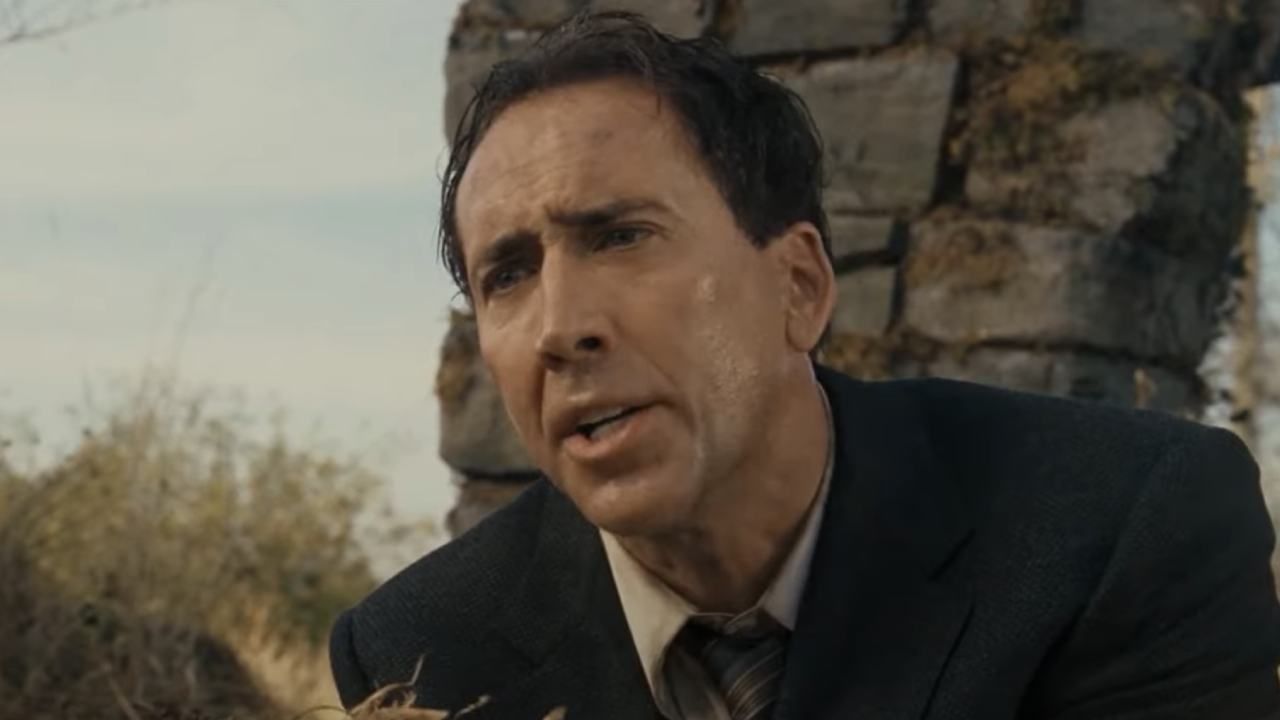
The Wicker Man (2006)
Neil LaBute’s update of the chilling 1973 cult favorite, The Wicker Man, has had its fair share of rewatches, but only to bask in Nicolas Cage’s hilariously unhinged performance as a cop searching for a missing girl on a mysterious island. No one watches it because they find it at all scary or narratively tight and, especially, not for LaBute’s reinvention of Summerisle’s Neo-pagan community as a vitriolic matriarchy.
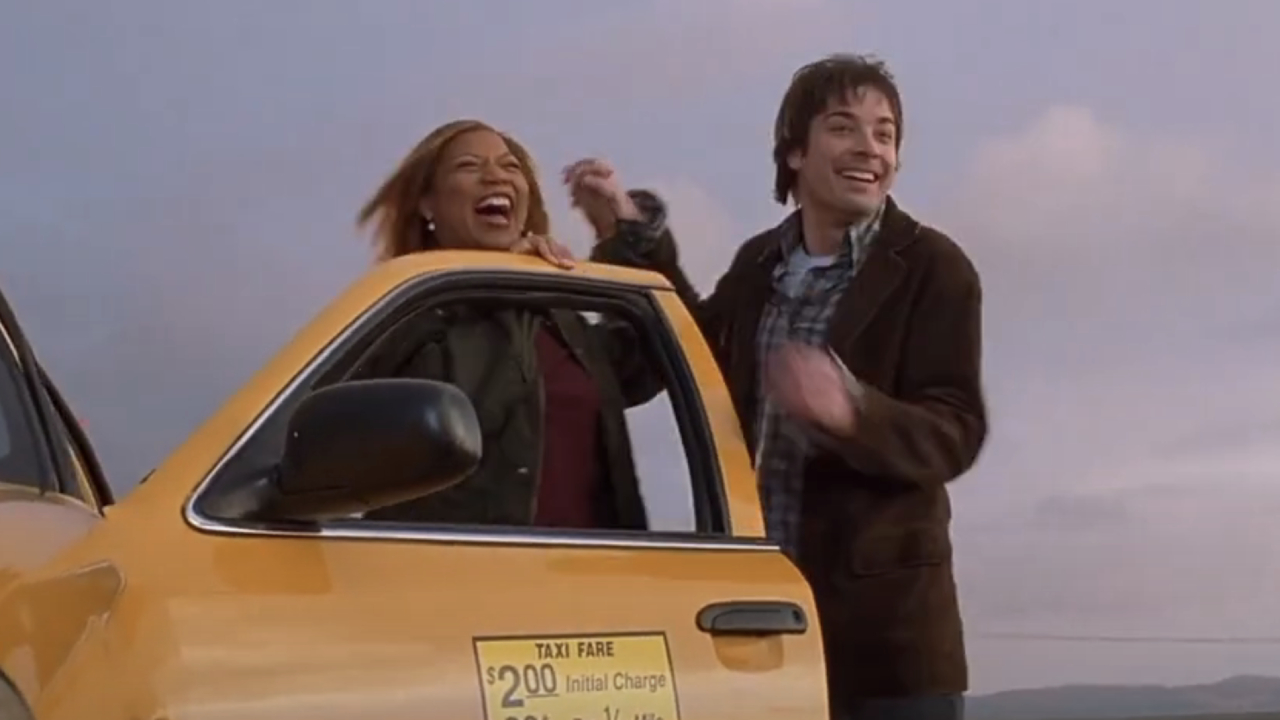
Taxi (2004)
Not enough American audiences know about the original Taxi (not to be confused with the 1970s sitcom) — a 1998 French action-comedy from writer Luc Besson about a bumbling cop with a poor driving record enlisting a cabbie to help him catch a notorious gang. Most only know about director Tim Story’s version starring Queen Latifah as the driver and Jimmy Fallon as the cop which was deemed low on laughs and lackluster in action.
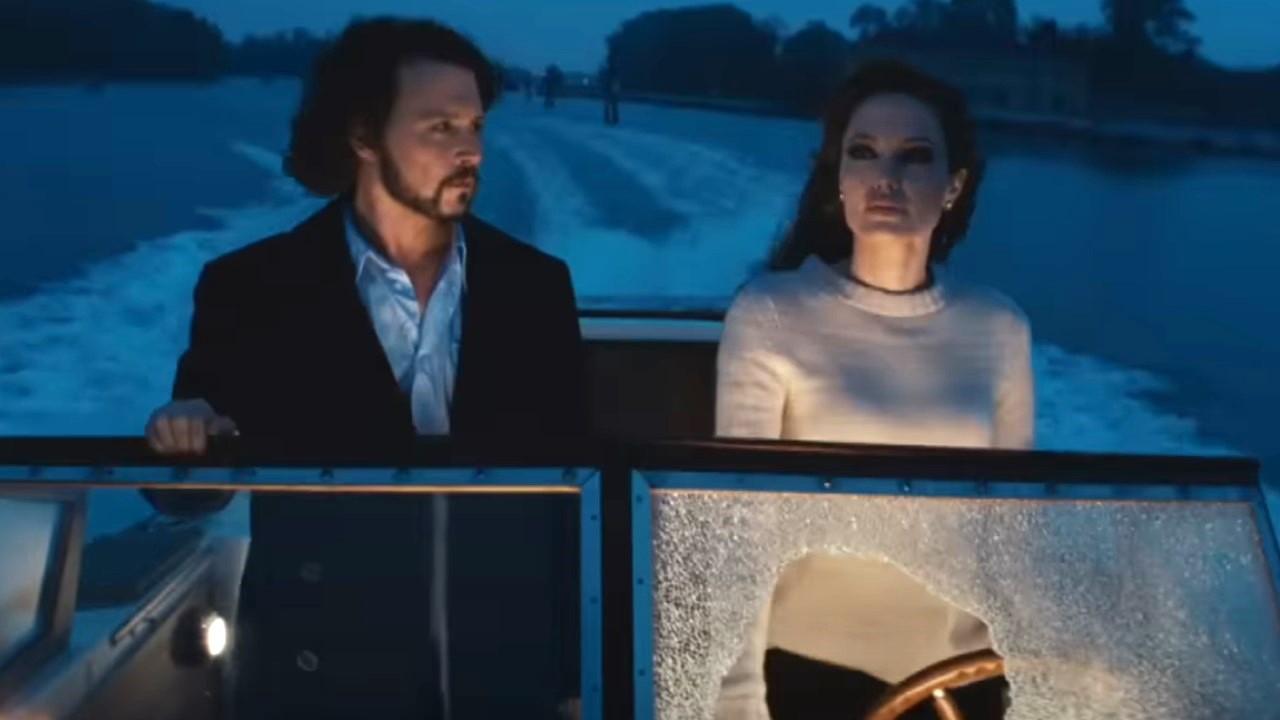
The Tourist (2010)
Starring Johnny Depp and Angelina Jolie, The Tourist is a thriller about a man unwittingly chosen to pose as a woman’s lover, who is a wanted criminal, in Venice, Italy. The film is more famous today for Ricky Gervais’ incessant roasting of its convoluted plot line at the Golden Globes and less for being an English-language adaptation of the 2005 French film, Anthony Zimmer.
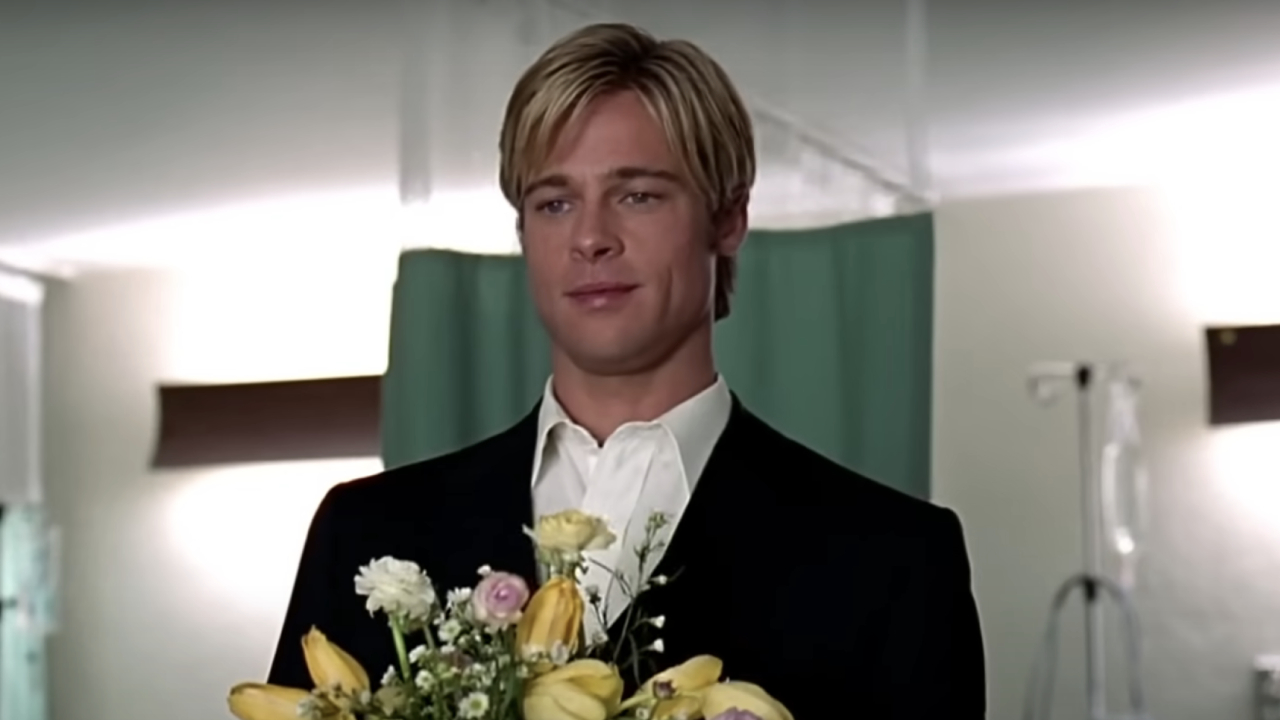
Meet Joe Black (1998)
Director Martin Brest’s update of 1943’s Death Takes a Holiday is a prime example of a not-so-great movie with a great concept, being that the Grim Reaper (Brad Pitt) takes human form and falls for the daughter (Claire Forlani) of his latest victim (Anthony Hopkins). Unfortunately, Meet Joe Black mainly suffers from an unnecessary three-hour runtime that makes it a chore for many to watch.
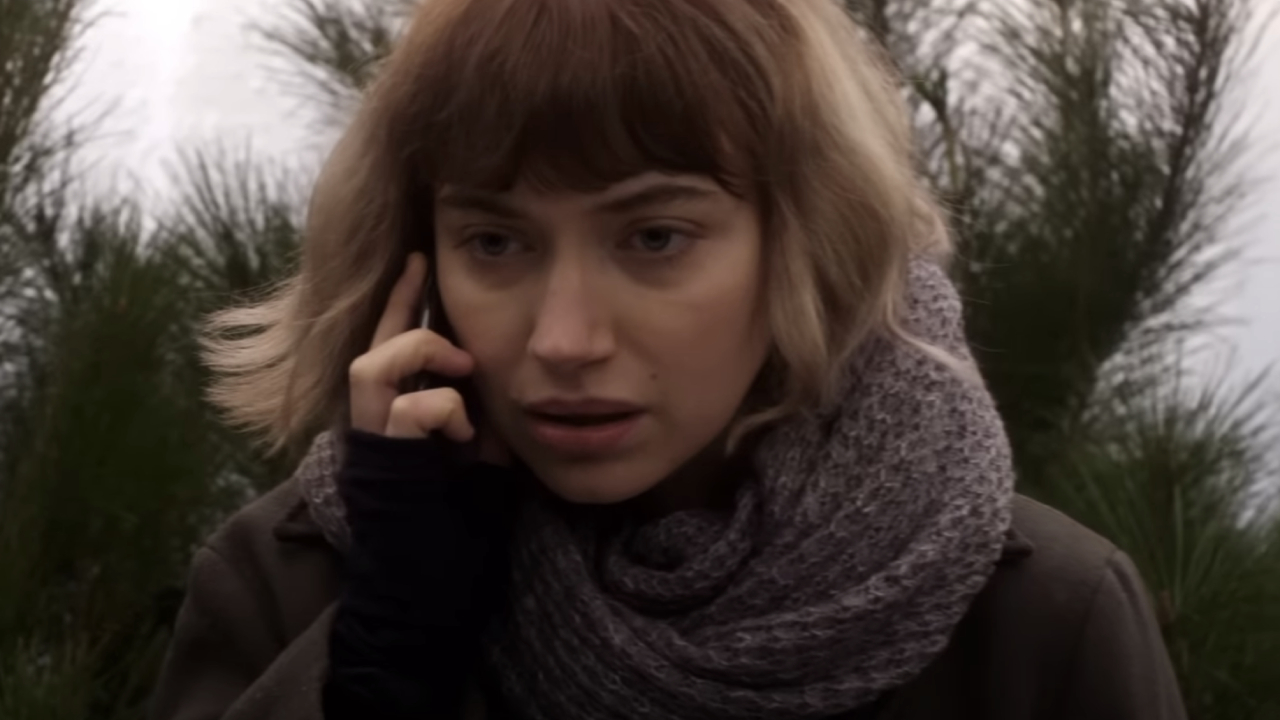
Black Christmas (2019)
The first remake of Black Christmas from 2006 is not nearly held in the same regard as Bob Clark’s 1974 holiday horror movie classic, but has been retroactively viewed as a fun, underrated slasher by many. However, the egregiously ham-fisted social commentary and convoluted plot of Blumhouse’s attempt at an update has likely robbed itself of the same potential.
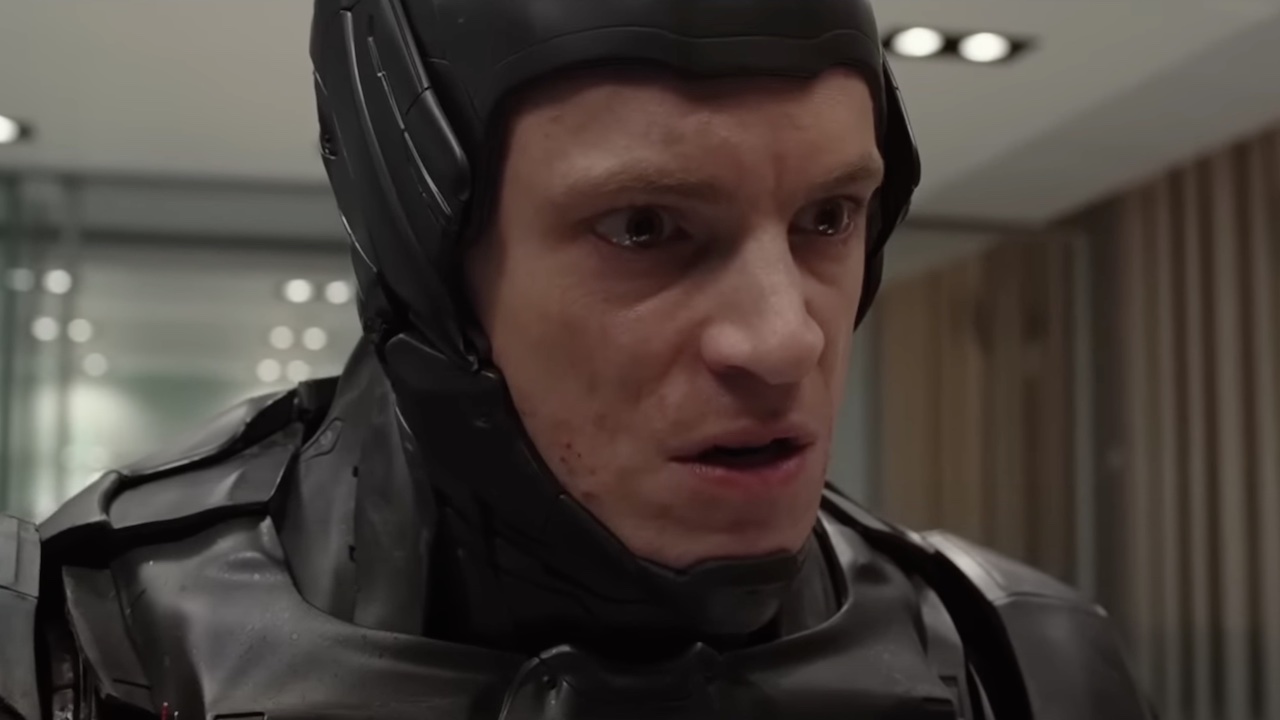
RoboCop (2014)
Director José Padilha’s reimagining of Paul Verhoeven’s futuristic classic, RoboCop, attempts to give Joel Kinnaman’s portrayal of Alex Murphy more of a personality post-upgrade. Ironically, the overall film lacks much of a soul, in addition to the biting satire that made the 1987 original stronger than your average action film.
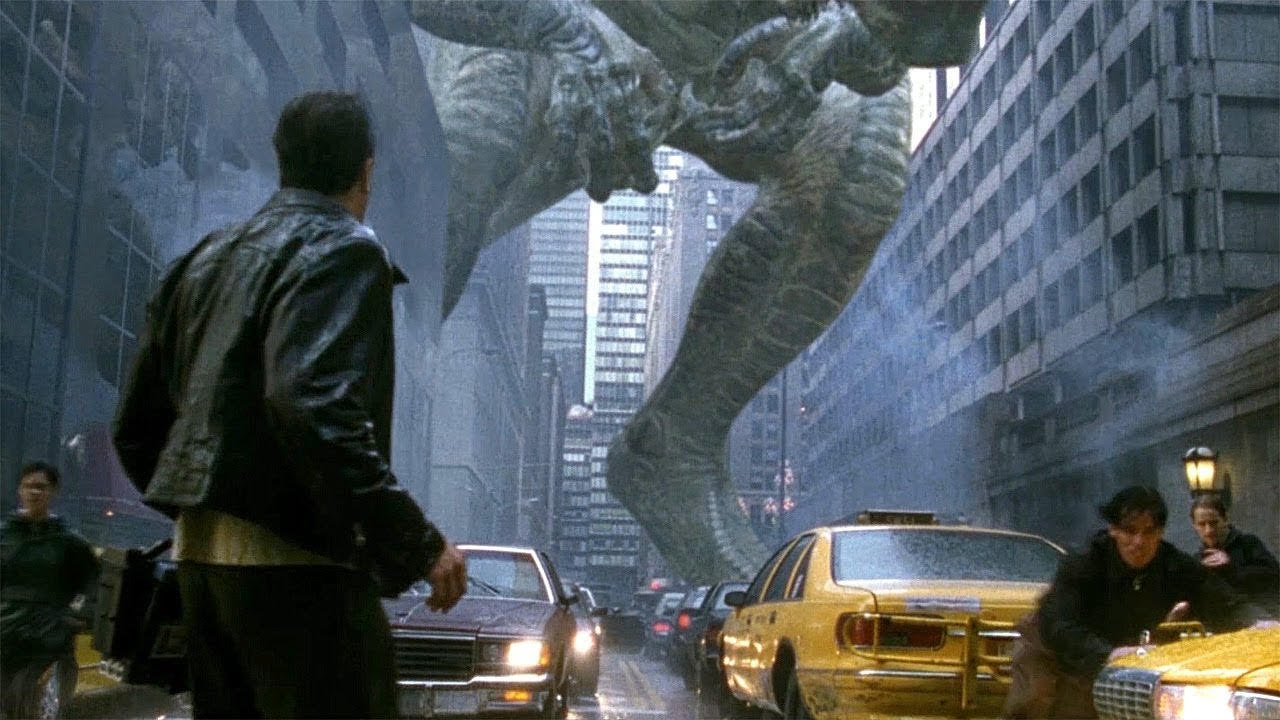
Godzilla (1998)
Hollywood’s first attempt to Americanize pop culture’s most famous Kaiju, literally, does not have enough meat on its bones, with the titular creature being reduced from a beefy behemoth to a frail cross between a raptor and a T-Rex. What Roland Emmerich’s Godzilla really suffers from, however, is an over-reliance on childish humor and astonishingly stark lack of any real tension or urgency for a disaster movie. At least the soundtrack was good, though.
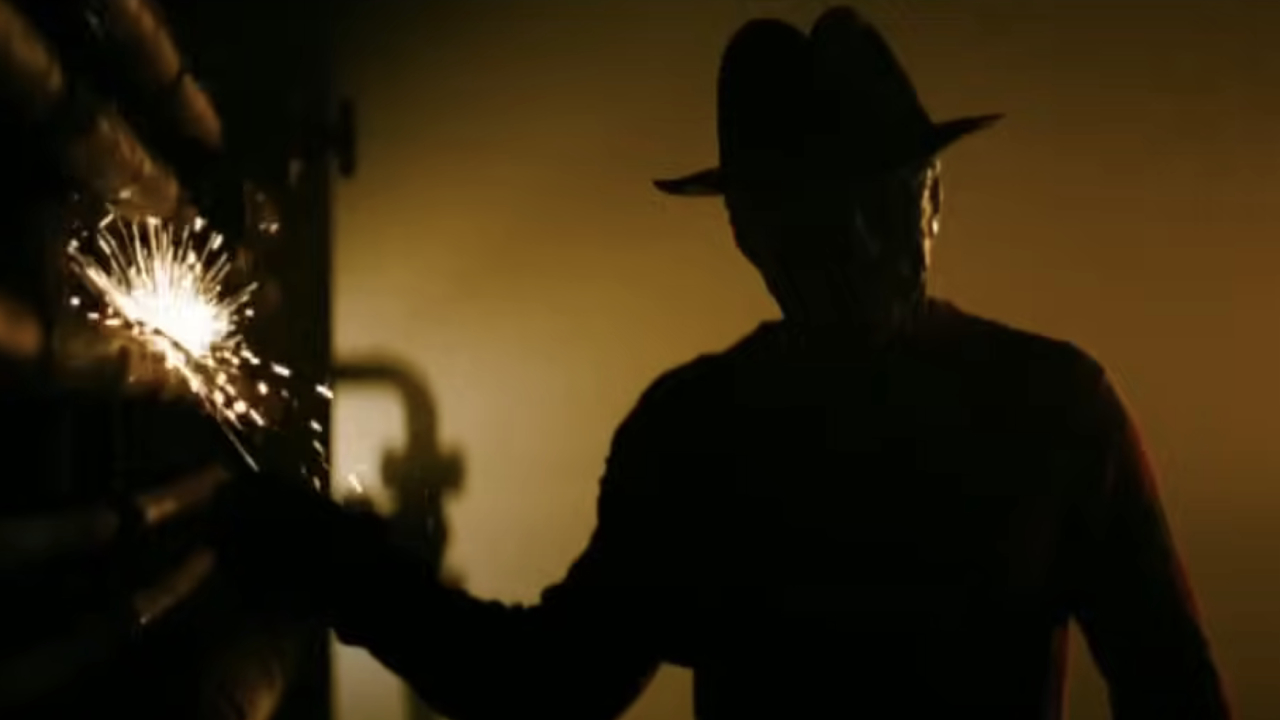
A Nightmare On Elm Street (2010)
With brilliant performances by horror movie icons Robert Englund as Freddy Krueger and Heather Langenkamp as Nancy Thompson, A Nightmare on Elm Street was an instant slasher classic that never bore a need for an update. Some might say that Oscar nominee Jackie Earle Haley at least tried to give a worthy performance as the sinister dreamweaver, but few believe the filmmakers tried to live up to the legacy of Wes Craven’s classic with this unimaginative nightmare that almost forced star Rooney Mara into early retirement.
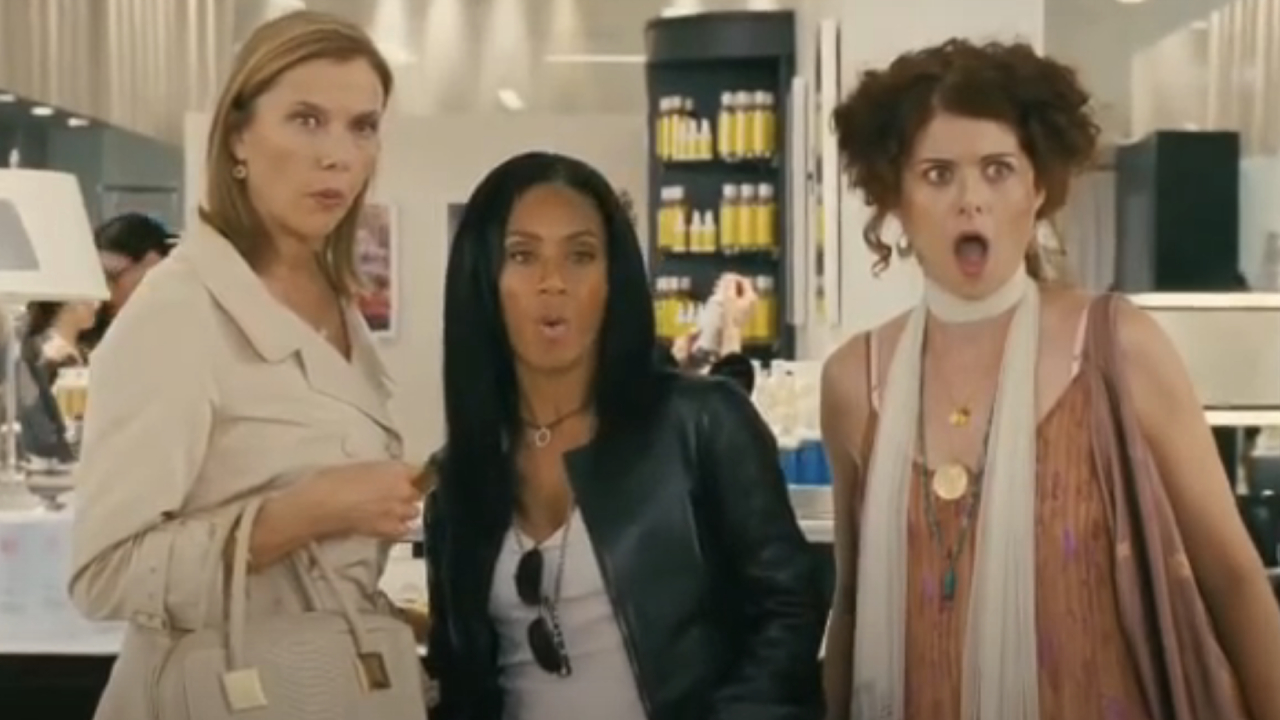
The Women (2008)
Director George Cukor’s adaptation of Clare Booth’s play, The Women was hailed as a clever satire of gender dynamics with razor-sharp wit and wonderful performances by the likes of Joan Crawford and Norma Shearer. Despite an all-star cast including Meg Ryan, Jada Pickett Smith, Annette Bening, and more, writer and director Diane English’s modernized take was criticized as being, well, the quite opposite of its predecessor’s quality.
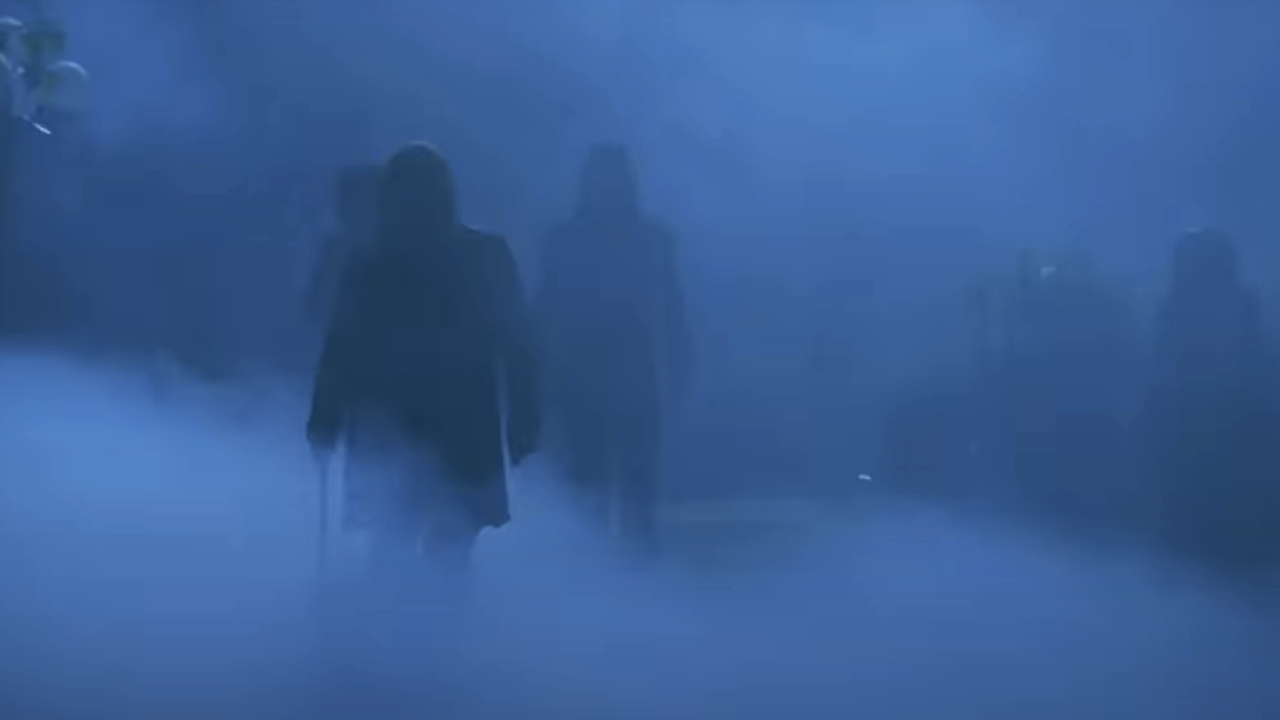
The Fog (2005)
Despite crafting one of the greatest remakes of all time with The Thing, many of John Carpenter’s movies have been cursed with updates of lesser quality, with The Fog being one of the most widely reviled examples. Critics and audiences agree that there is not a shred of originality or genuine suspense in director Rupert Wainwright’s take on the story of a coastal town terrorized by the ghosts of shipwreck victims.
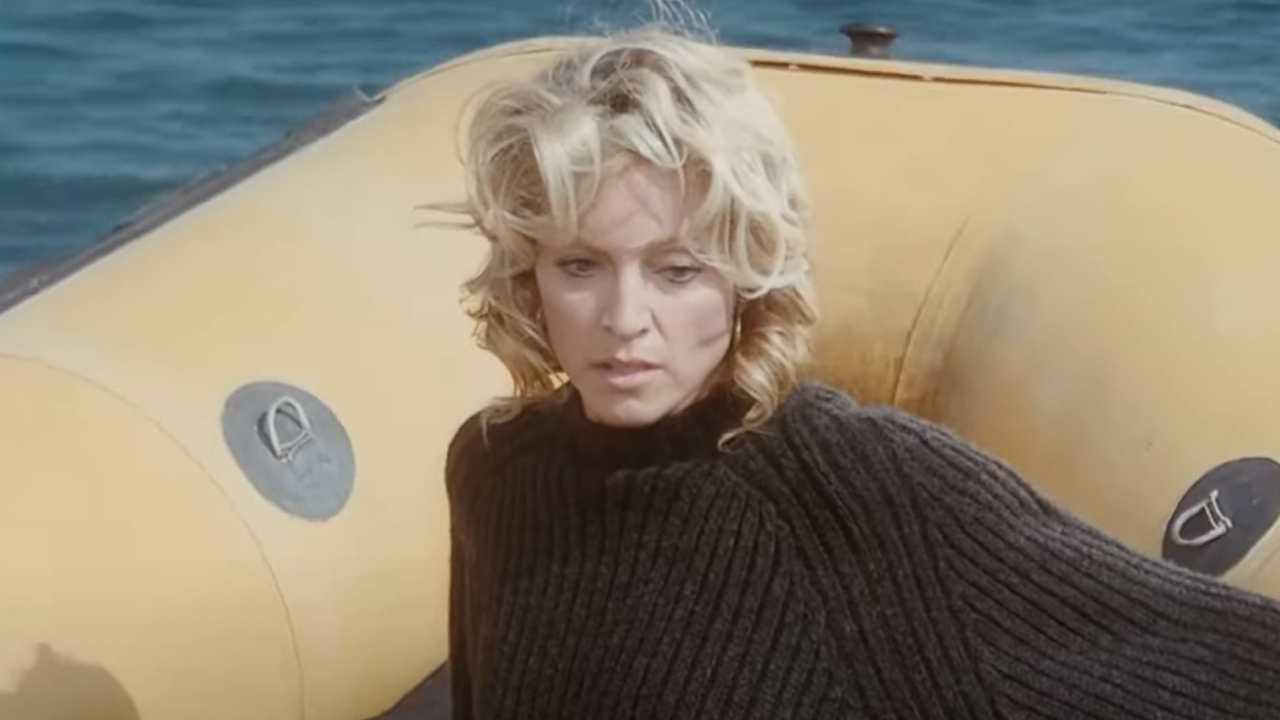
Swept Away (2002)
From writer and director Lina Wermüller — the first female Best Director Oscar nominee — 1974’s Swept Away is an Italian rom-com starring Giancarlo Giannini and Mariangela Melato as castaways who unexpectedly fall in love. Nobody expected — or wanted — to see Madonna lead a remake directed by her then-husband, Guy Ritchie, who later called the experience of releasing the critical and commercial failure “painful.”
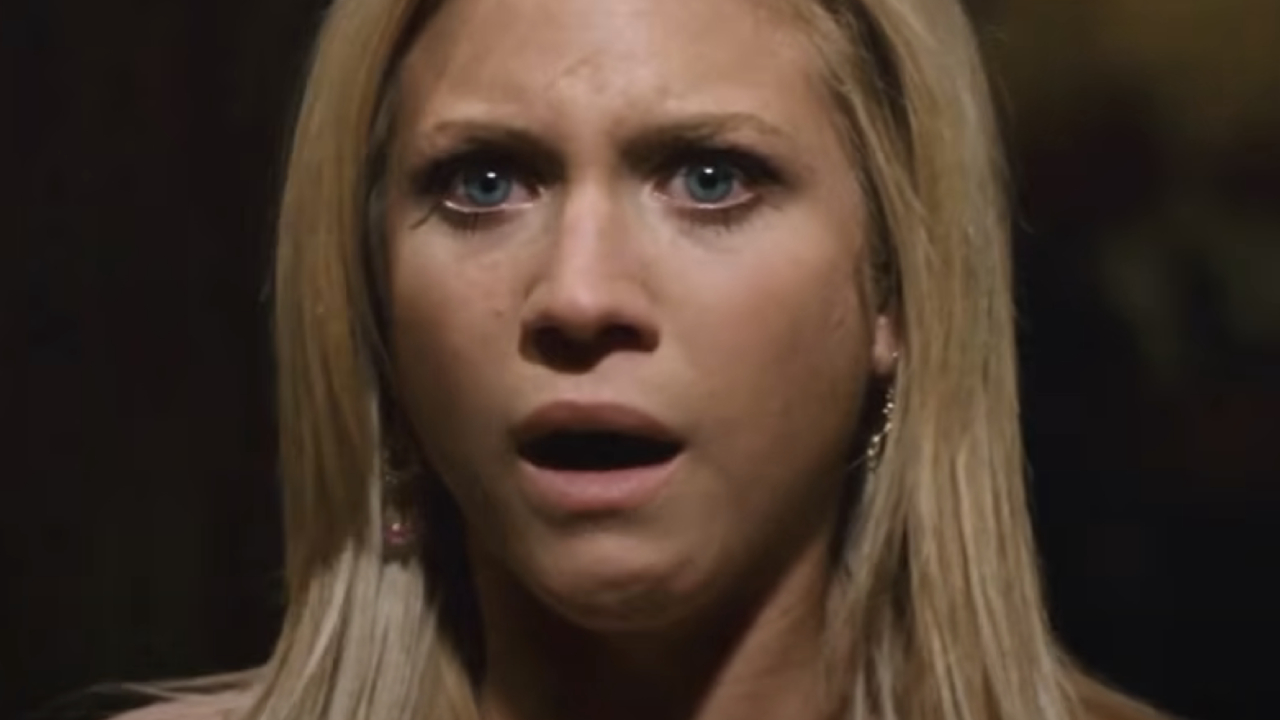
Prom Night (2008)
The original Prom Night from 1980 — starring reigning Scream Queen Jamie Lee Curtis — may have its fair share of slasher movie cliches, but it was one of the first to pioneer those tropes. However, the remake from nearly three decades later — starring Brittany Snow as a high school senior stalked by a maniac from her past — has absolutely no excuse.
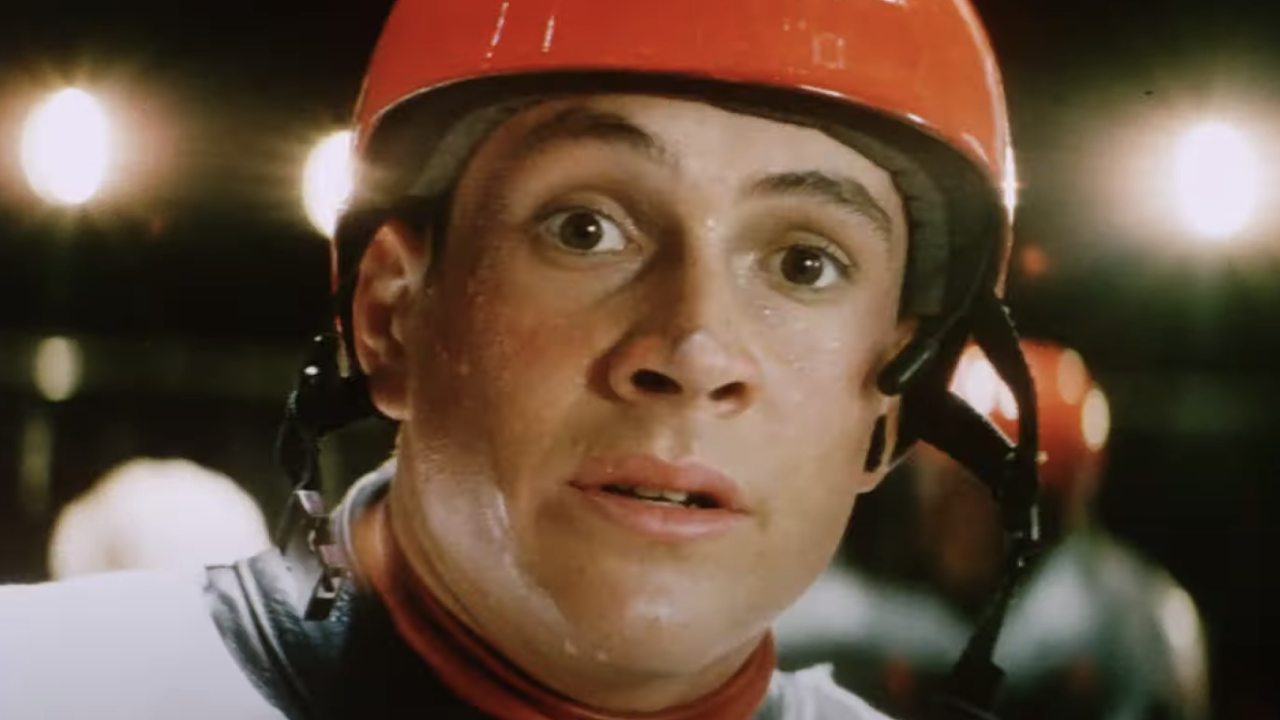
Rollerball (2002)
While not quite remembered as a classic today, the James Caan-led Rollerball was praised in 1975 for its unique attempt at satirizing corporate influence through a story about a deadly sport in a dystopian society. Director John McTiernan’s version — starring Chris Klein, LL Cool J, and Rebecca Romijin — was criticized for choppy editing and a non-sensical story, let alone the removal of the original’s social commentary.
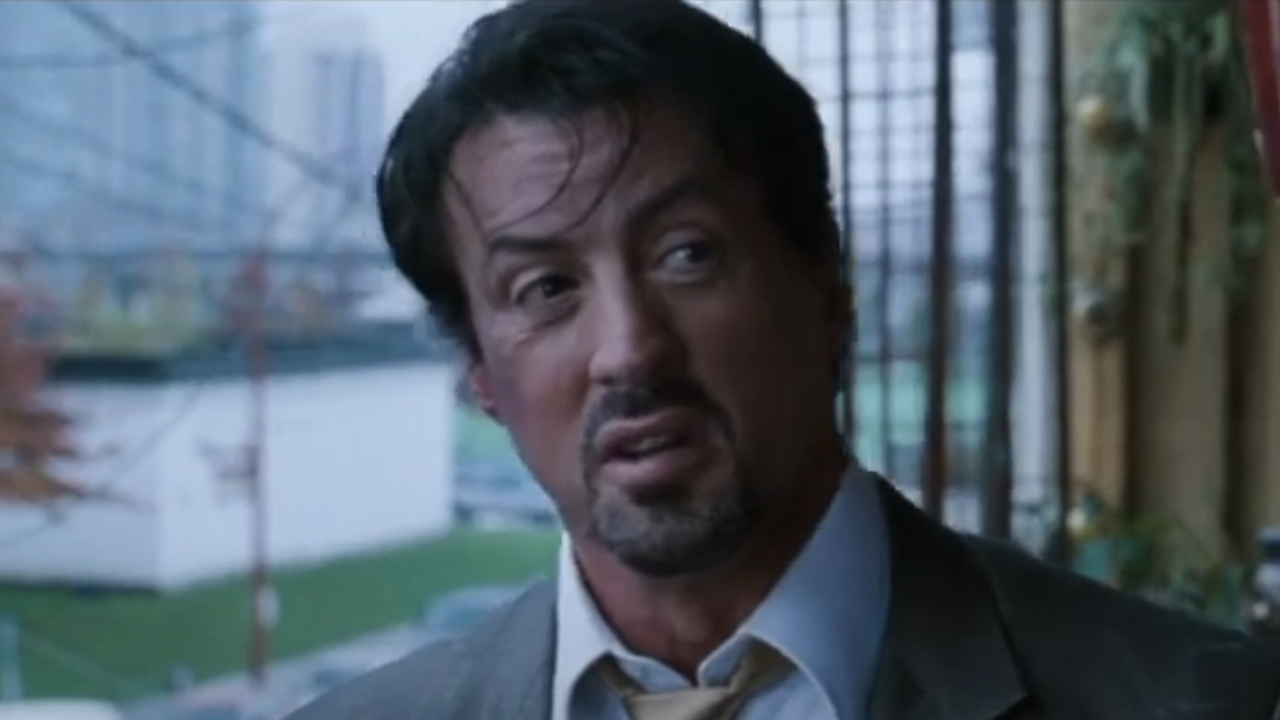
Get Carter (2000)
Michael Caine stars in the acclaimed 1971 crime thriller Get Carter as a London mobster seeking vengeance for his brother’s death. People have questioned why the Oscar-winner agreed to appear in the widely panned Americanized update starring Sylvester Stallone in the title role and some have suspected it was the paycheck.
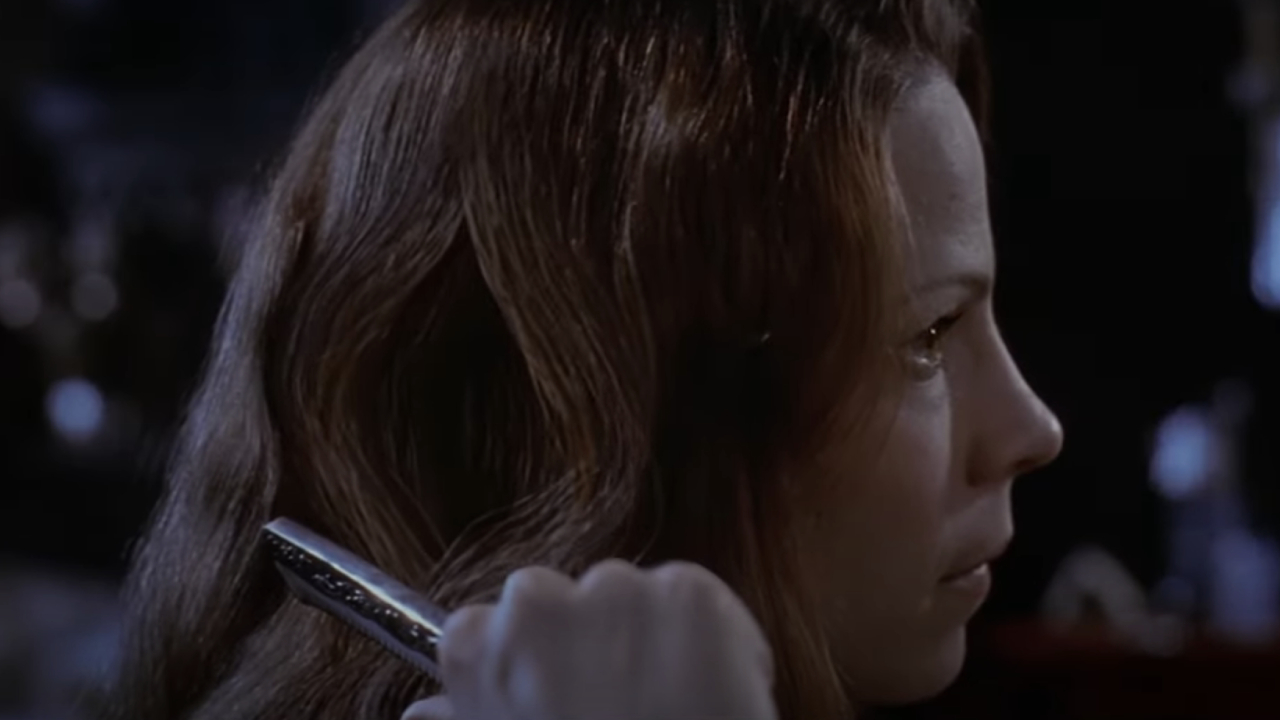
The Haunting (1999)
What makes the 1963 adaptation of Shirley Jackson’s The Haunting of Hill House one of the best haunted house movies is its more nuanced and cleverly ambiguous approach to the source material. Director Jan de Bont’s The Haunting, however, throws all psychological complexity out the window in favor of a generic ghost story with cheesy scares.
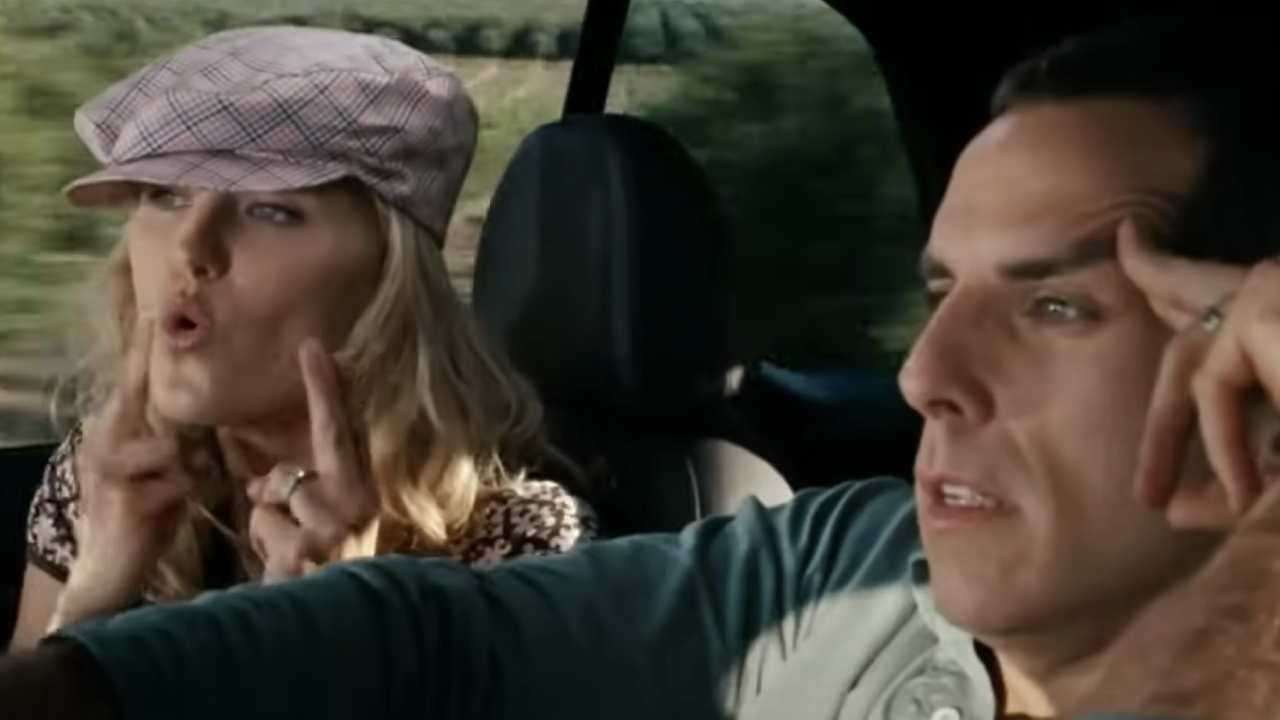
The Heartbreak Kid (2007)
The late Charles Grodin gives one of his best performances in the hilarious, bittersweet 1972 rom-com classic, The Heartbreak Kid, as a man who meets the woman of his dreams while on his honeymoon with his wife, whose emerging flaws lead him to regret the decision. Peter and Bobby Farrelly teamed up with Ben Stiller for what was ultimately deemed a less funny and more grating imitation of director Elaine May’s original.
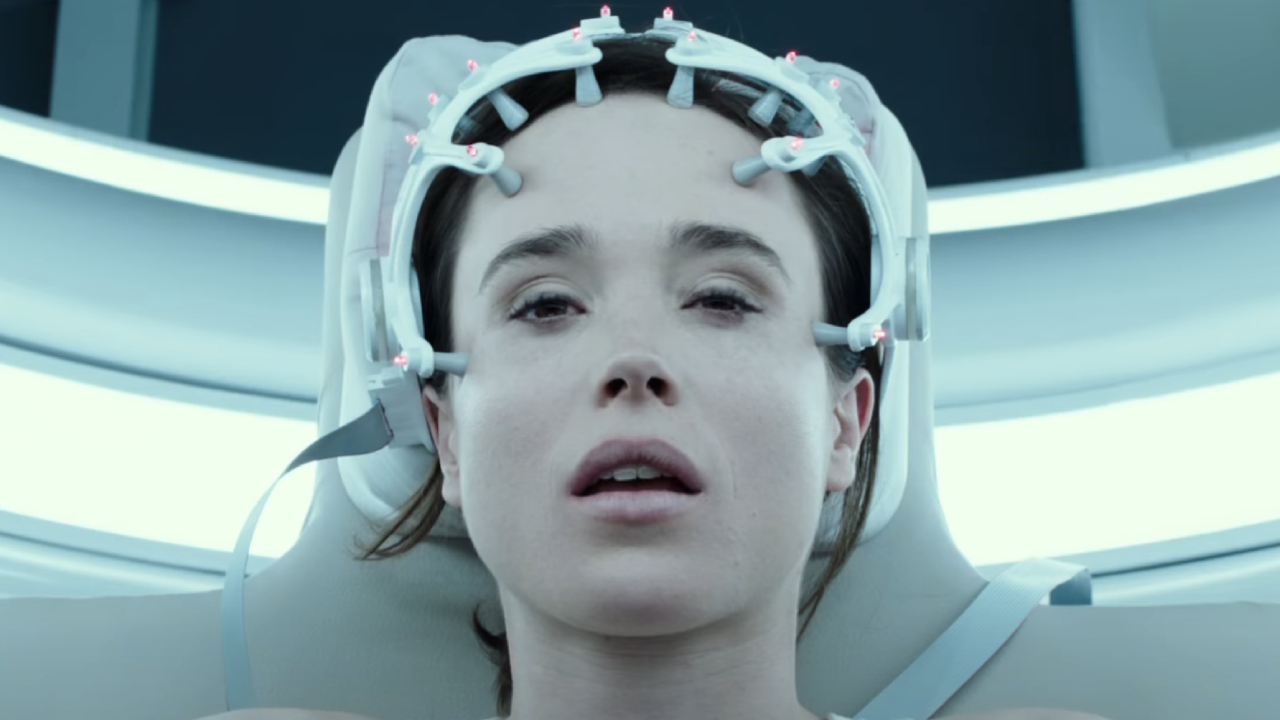
Flatliners (2017)
Joel Schumacher’s Flatliners from 1990 was a pretty good thriller exploring the complexities of death, but critics also agreed at the time that the film did leave room for improvement. Most critics would also agree that Niels Arden Oplev’s modernized version — in which original star Kiefer Sutherland also appears — did not fulfill its potential by not taking advantage of its philosophical themes and not applying any imagination to its “scarier” moments.
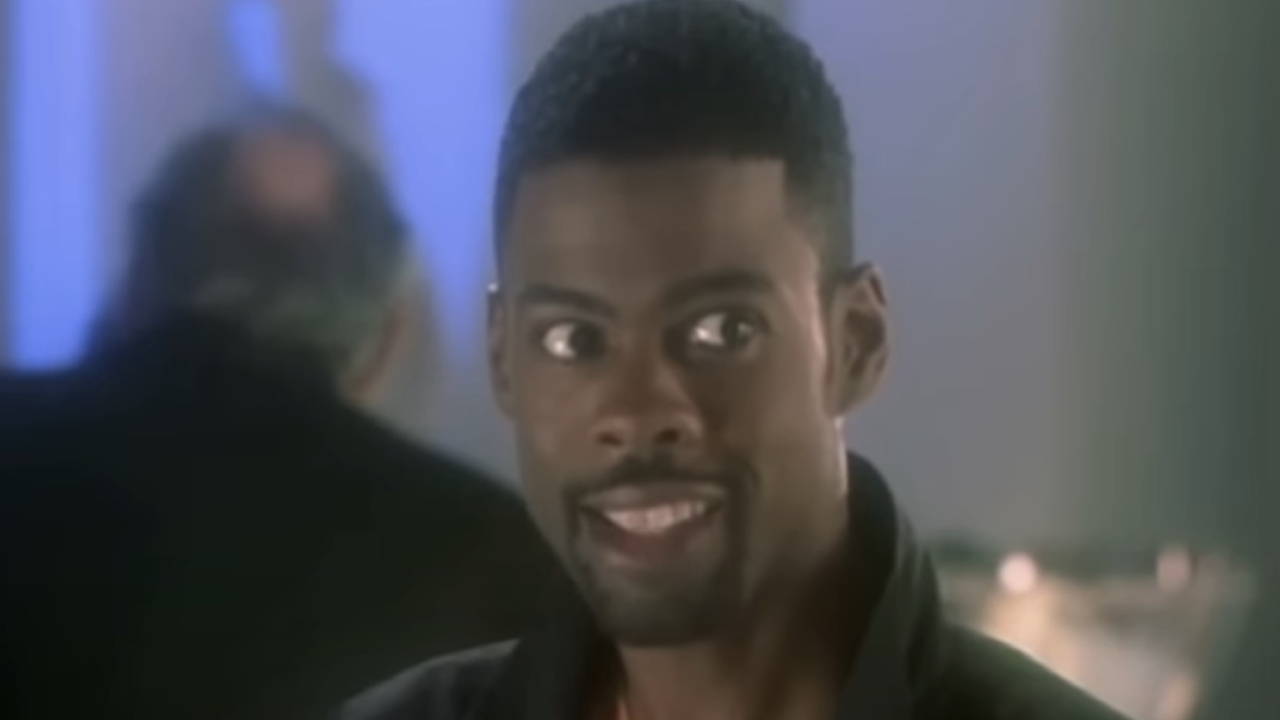
Down To Earth (2001)
Fun fact: the Academy Award-nominated Heaven Can Wait — starring co-writer and co-director Warren Beatty as a football player put in the body of a slain millionaire after he is taken too soon — was already a remake of 1941’s Here Comes Mr. Jordan. With Down to Earth, Chris Rock reimagined the story from the point of view of a struggling comedian, but to far less acclaim.
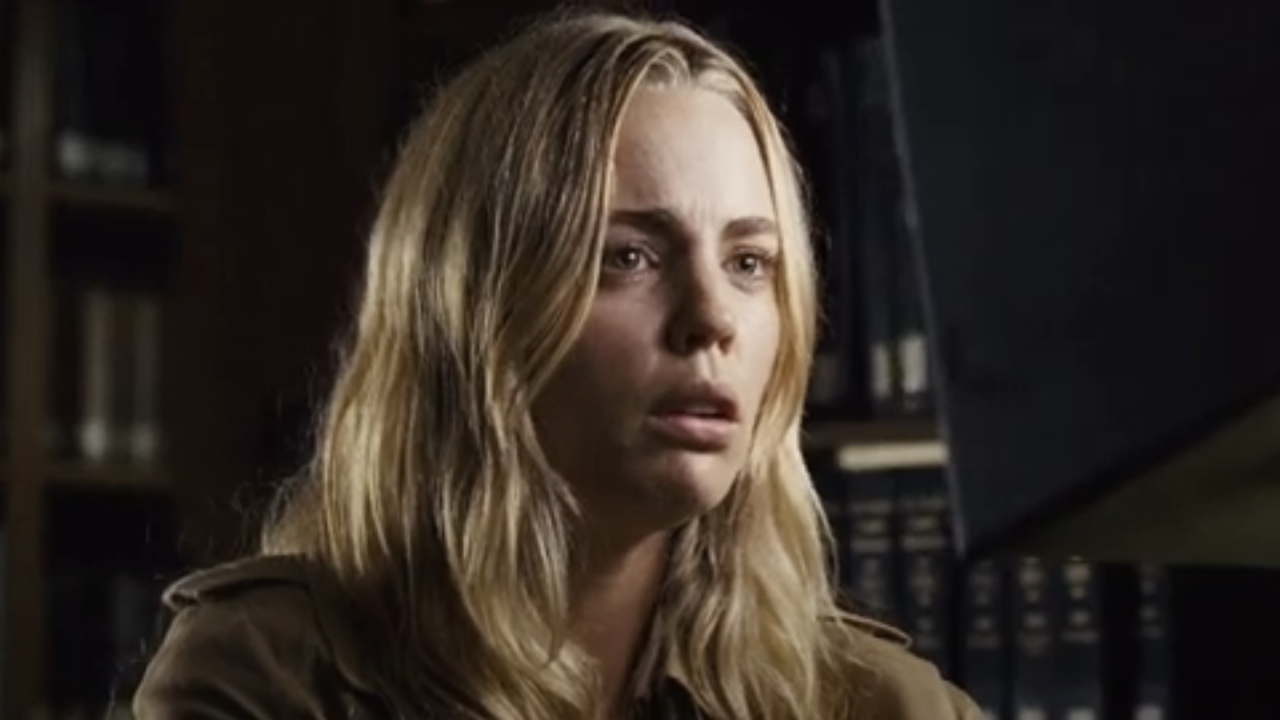
The Amityville Horror (2005)
One of the most famous horror movies based on a true story is the 1979 adaptation of Jay Anson’s book, The Amityville Horror, which chronicles the Lutz family’s alleged account of living in a house that was the site of a grisly murder. Director Andrew Douglas’ remake with Ryan Reynolds and Melissa George tells the same story but with little to no story amendments and far less effective scares.
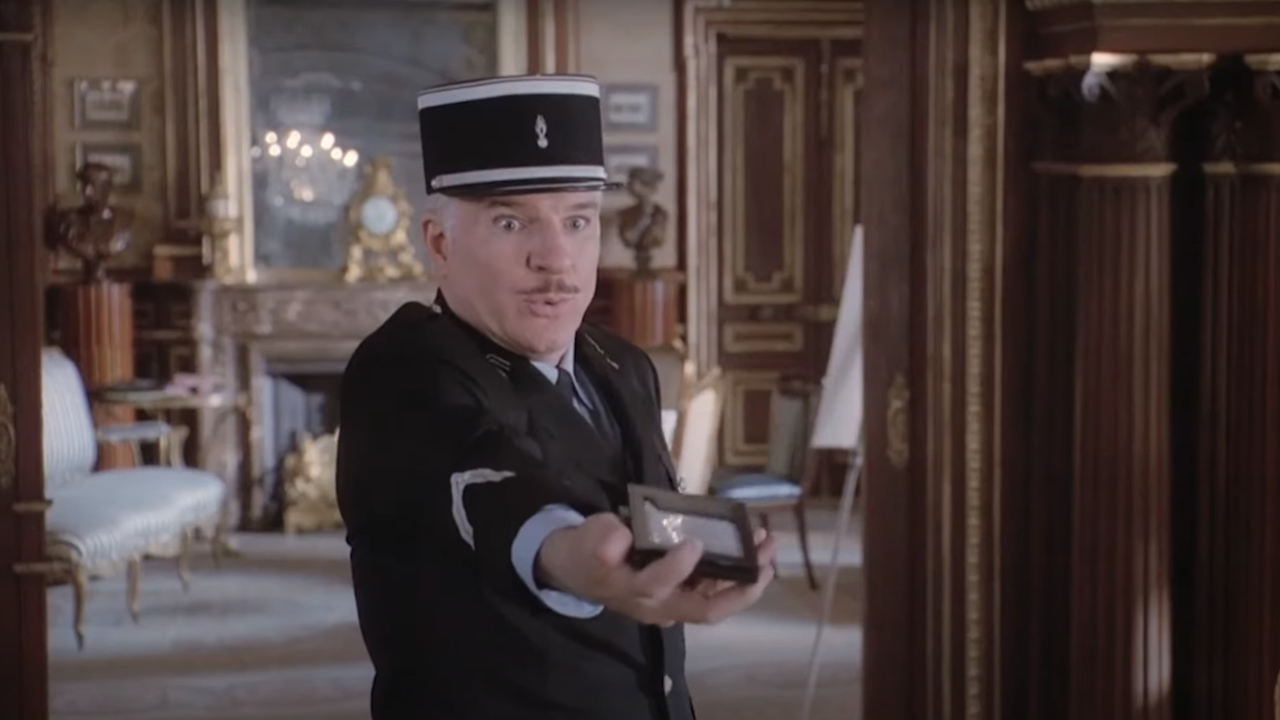
The Pink Panther (2006)
There is a chance that Steve Martin could have been a great successor to the role of bumbling inspector Jacques Clouseau had the script for director Shawn Levy’s reboot of The Pink Panther lived up to his talents. Instead, the comedic caper resorts to the lowest hanging fruit for every gag and makes Martin’s Clouseau hopelessly incompetent beyond redemption.
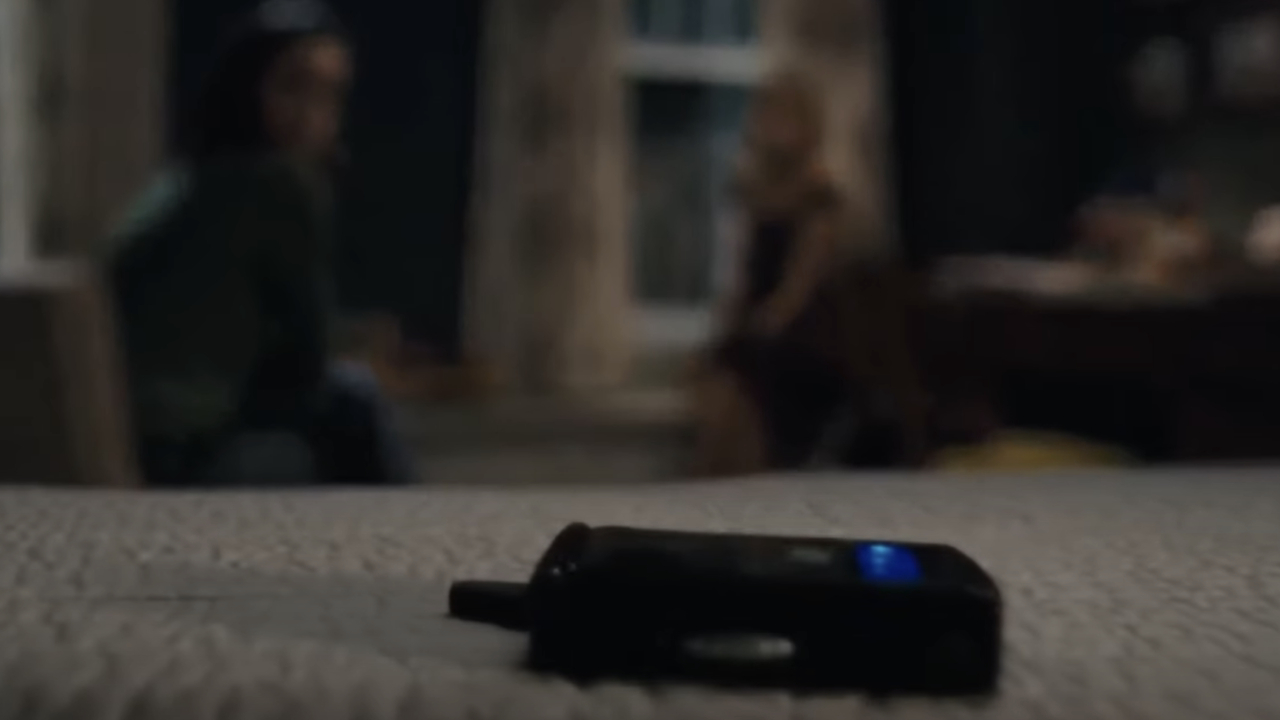
One Missed Call (2008)
Director Takashi Miike’s thriller One Missed Call — in which people receive voicemails foretelling their own death — did not receive very good reviews in 2004. However, it has been retroactively regarded as a classic when compared to Eric Valette’s remake, which was even more harshly criticized for being a boring mess worth hanging up on.
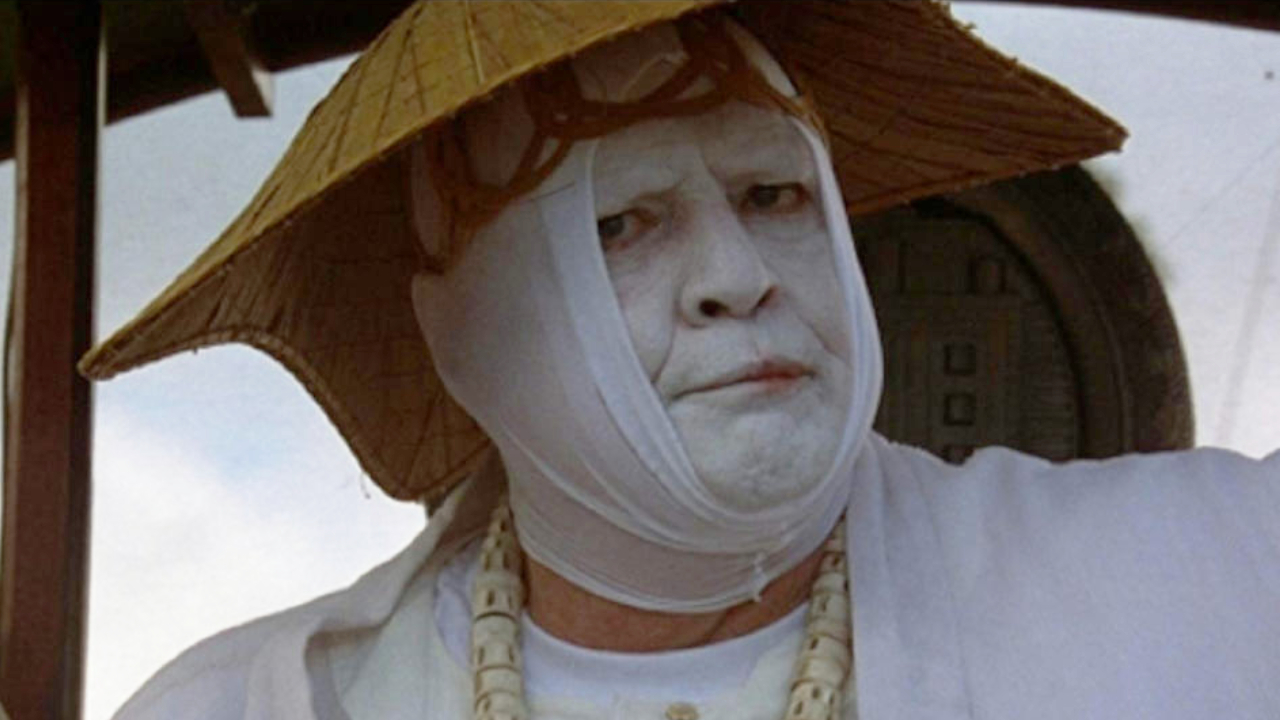
The Island Of Dr. Moreau (1996)
The main reason why the 1977 adaptation of H.G. Wells’ The Island of Dr. Moreau received mixed reviews was its understandable struggle to craft convincing makeup effects on its human-animal hybrid characters. That was clearly not the issue with the mid-1990s update, which suffered from countless infamous on-set issues — from Marlon Brando refusing to learn his lines to director Richard Stanley’s firing — that were chronicled in the 2014 documentary, Lost Soul.
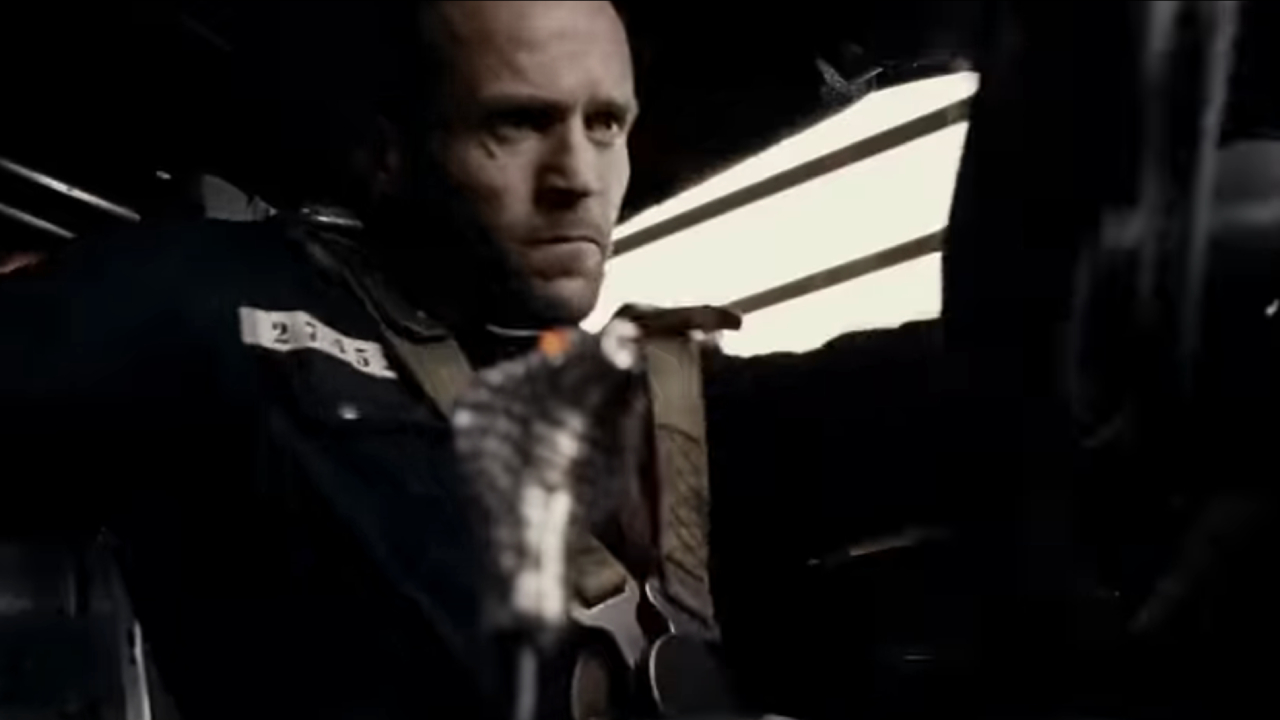
Death Race (2008)
Producer Roger Corman’s cheesy dystopian B-movie, 1975’s Death Race 2000, stars the likes of David Carradine and Sylvester Stallone as contestants in a cross-country car chase where murder is encouraged. Paul W.S. Anderson’s Jason Statham-led update reduces the title and reimagines it as a gritty prison drama, but was still regarded as more of an over-the-top mess.
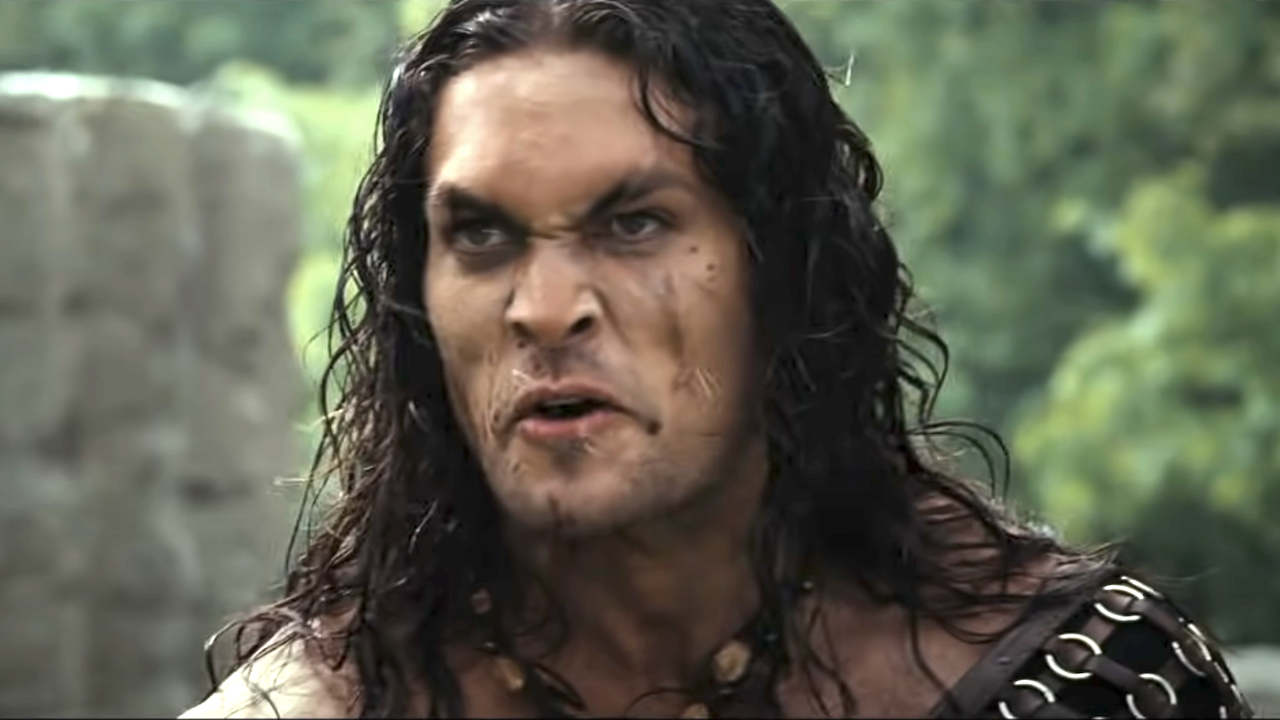
Conan The Barbarian (2011)
Jason Momoa is a great choice to fill Arnold Schwarzenegger’s shoes in the title role of Conan the Barbarian. Unfortunately, Marcus Nispel’s interpretation of the story proves to be an uninspired farce in the eyes of its critics.
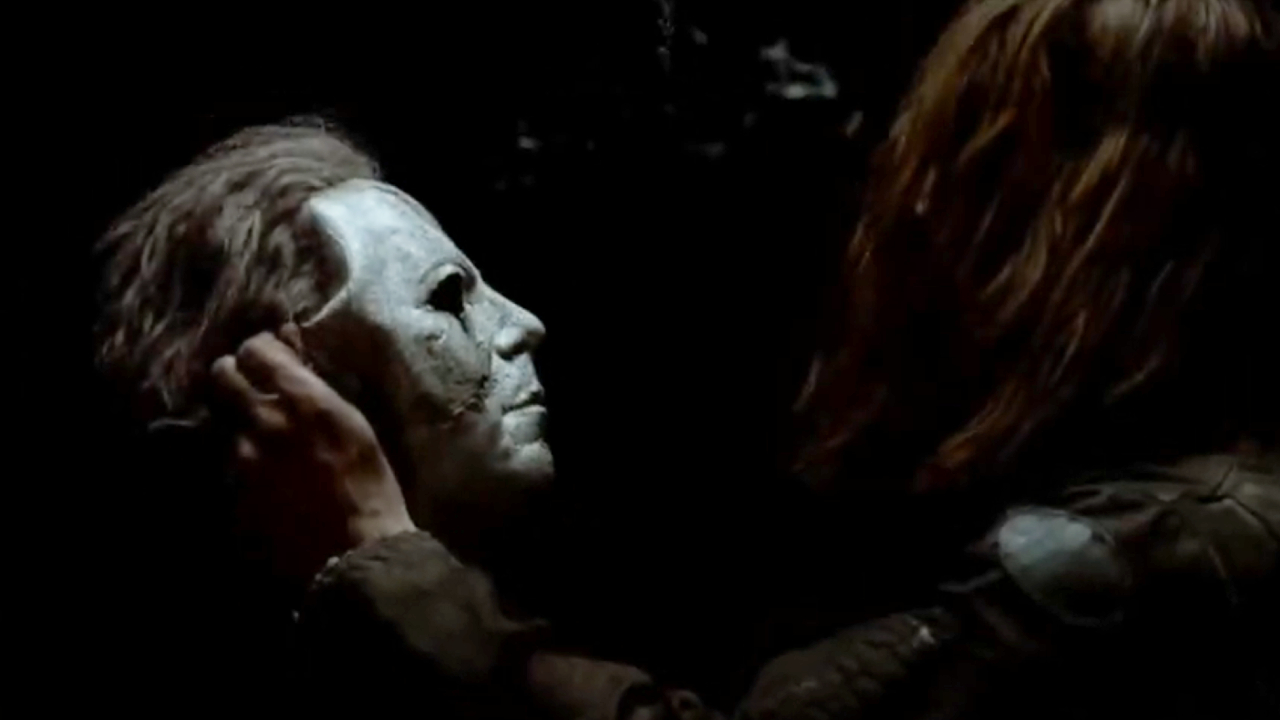
Halloween (2007)
Fans of the Halloween movies might agree that writer and director Rob Zombie’s reimagining of John Carpenter’s 1978 classic is not even the franchise’s weakest and even earns points for some inventively brutal kill scenes. Yet, its attempt to humanize Michael Myers — a killer originally envisioned as nothing more than a force of pure evil — is seen as a mistake by most.
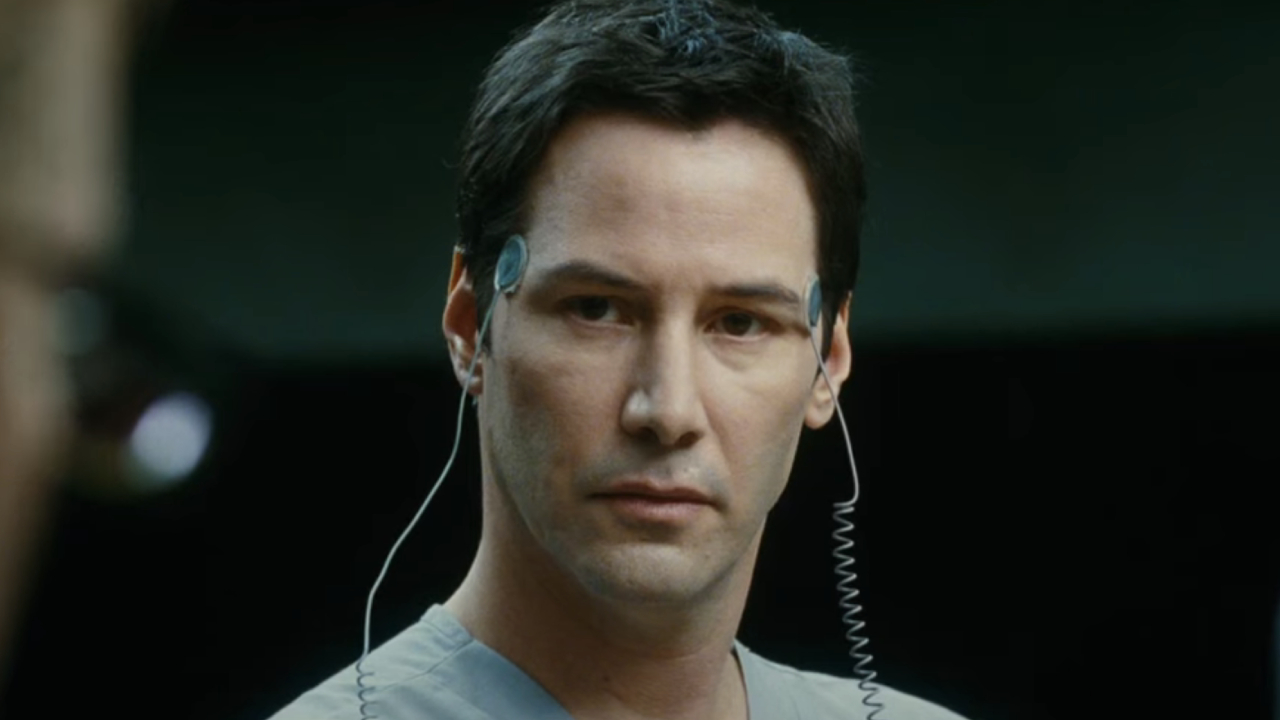
The Day The Earth Stood Still (2008)
We will give director Scott Derrickson credit for attempting to darken the source material by reimagining The Day the Earth Stood Still as an indictment of humanity’s ignorance of environmental warnings. Unfortunately, the execution of the remake — starring Keanu Reeves as Klaatu — lacks all that made the original interesting.
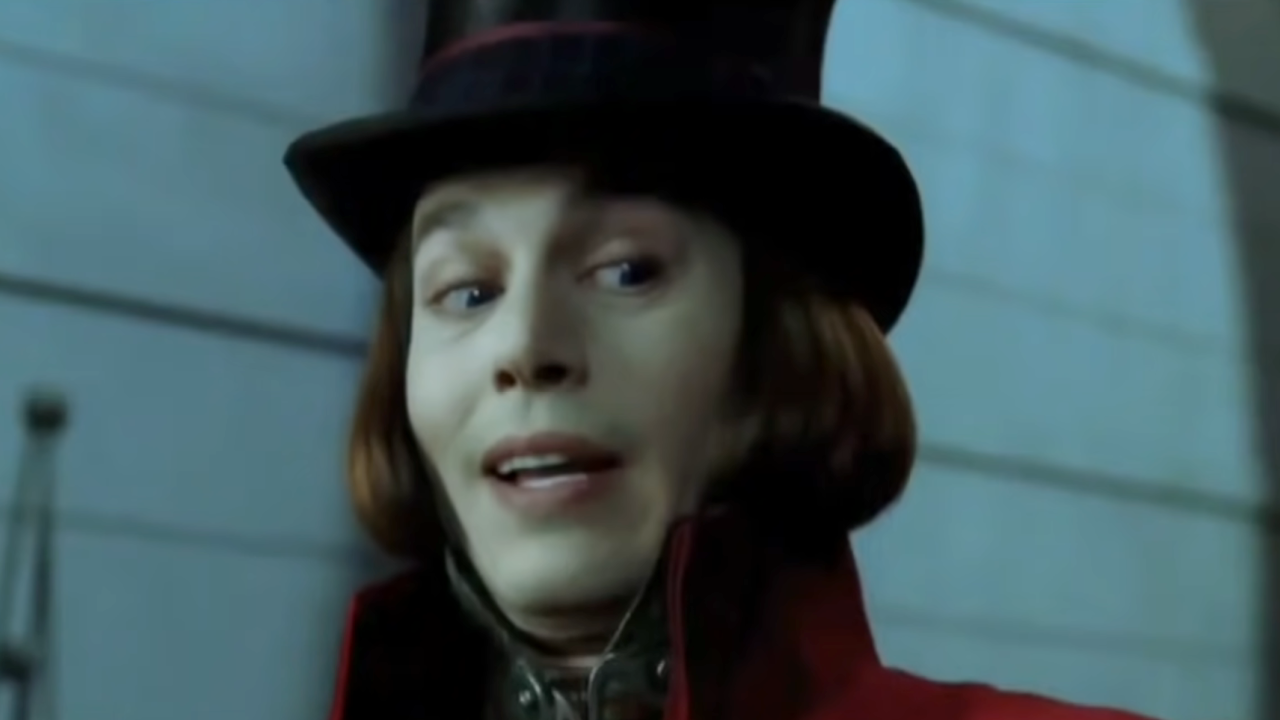
Charlie And The Chocolate Factory (2005)
Less a remake and more another adaptation of Roald Dahl’s classic novel, director Tim Burton’s Charlie and the Chocolate Factory does boast many wondrous visuals. Yet, it still pales in comparison to 1971’s Willy Wonka and the Chocolate Factory, particularly for Johnny Depp’s uncomfortably creepy performance as the eccentric chocolatier.
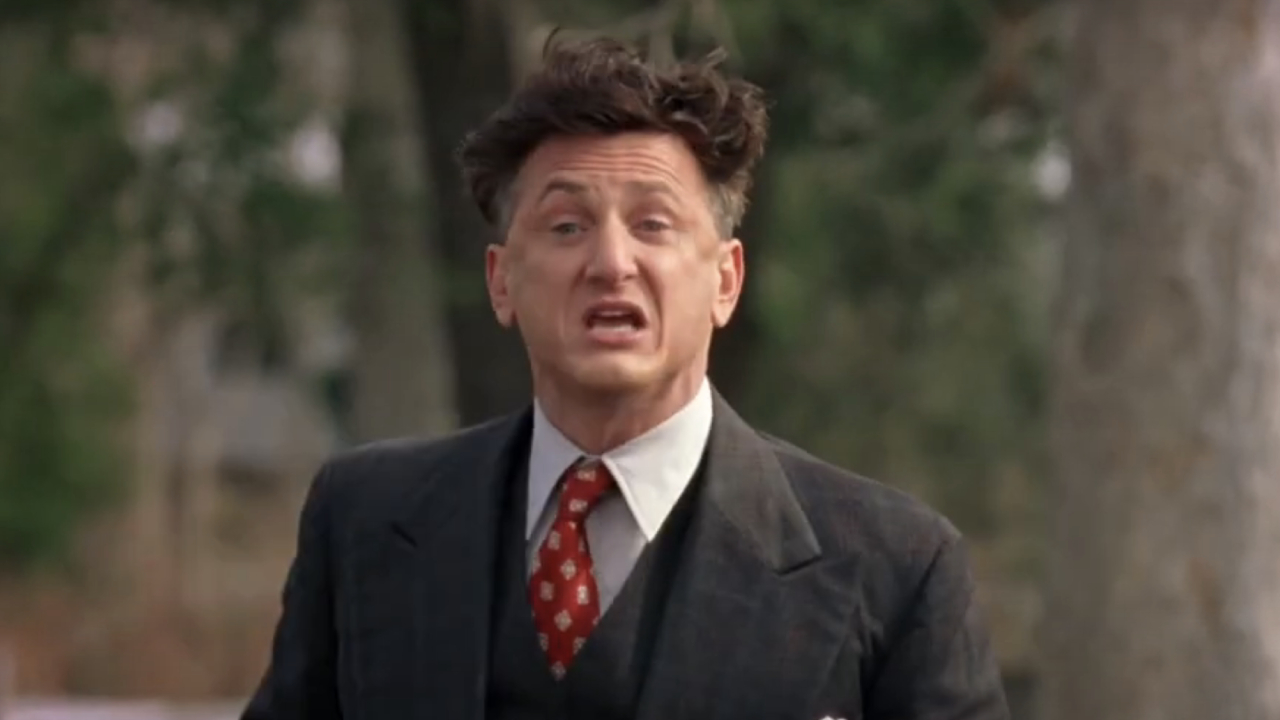
All The King’s Men (2006)
Updating a black-and-white Best Picture Oscar winner from 1949 into a modern color feature with a star-studded cast — including Sean Penn and Kate Winslet — would seem like a slam-dunk success. However, writer and director Steve Zaillian’s adaptation of author Robert Penn Warren’s influential political drama, All the King’s Men, was criticized for Penn’s over-the-top performance, an incoherent story, and other flaws that led people to give it the dreaded “Oscar bait” brand.
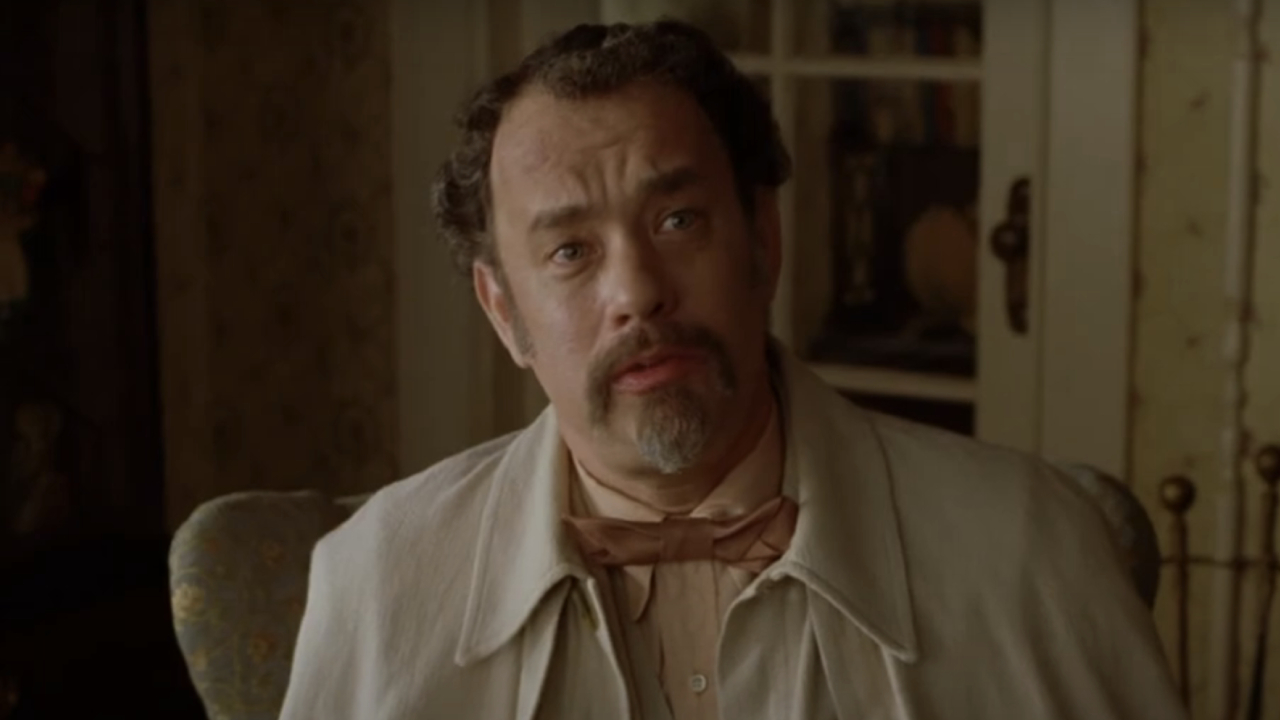
The Ladykillers (2004)
Despite, arguably, surpassing 1969’s True Grit with their 2010 version, most agree that Joel and Ethan Coen’s The Ladykillers vastly pales in comparison to the original 1955 comedic crime film starring Alec Guinness and Peter Sellers. Say what you want about Tom Hanks’ eccentric lead performance, but he may be the funniest element in this middling story of criminals who meet their match in their feisty landlady (Irma P. Hall).
Let these films be a lesson of what not to do when updating a previous work of art for modern cinema.

